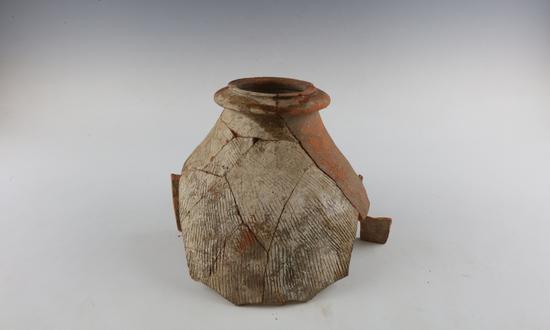
Some of the new discoveries found at the Neolithic ruins in a village in Fenyang, North China's Shanxi Province (Photo/Courtesy of Shanxi Academy of Archaeology)
The remains of an ancient well dating back to the Warring States period (475BC-221BC) have been found in Yangquan, North China's Shanxi Province.
A large number of ancient artifacts such as pottery and ironware were found in the well.
Three kinds of pottery in colors of black, grey and yellow were found in the well. An extensively rusted iron axe was found along with a zeng, a type of primitive rice steaming utensil, as well as a bowl and plates.
Cultural expert Xu Shuming told the Global Times these items reveal the "life habits of Chinese people living 2,000 years ago."
Following excavation at the site, local archaeologists noticed that the design technique of the well was unique, with different parts for people to collect water and for storing water.
The well also had 38 layers of supporting wood, with each layer joined by using the mortise and tenon technique.
The design technique is called sunmao in Chinese, architectural expert Zhang Er noted. He told the Global Times that such designs were common in ancient Chinese architecture, and they provided "stable and material saving" qualities.
"The discovery shows that ancient Chinese people had not only mastered the mortise and tenon technique 2,400 years ago, but also had talent for industrial designs still used today," Zhang noted.
The well is believed to have been buried prior to the early Western Han (206BC-AD25) dynasty.














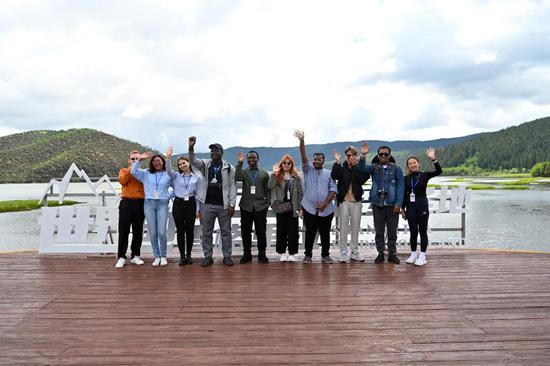







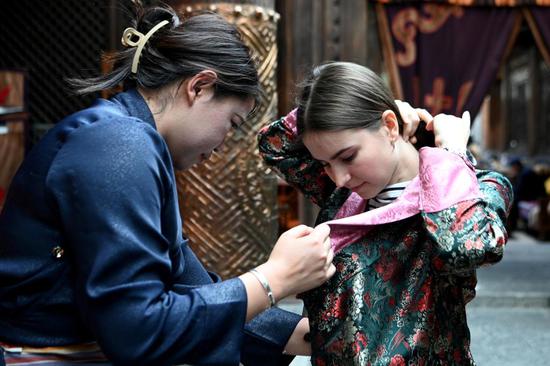








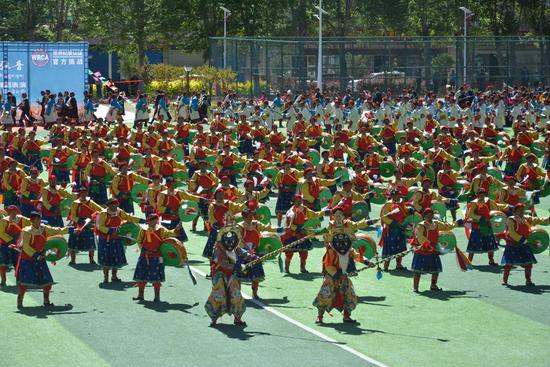







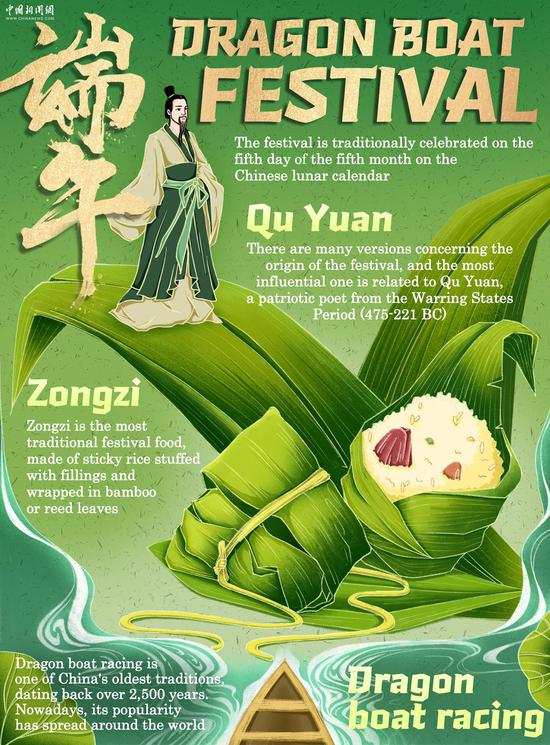

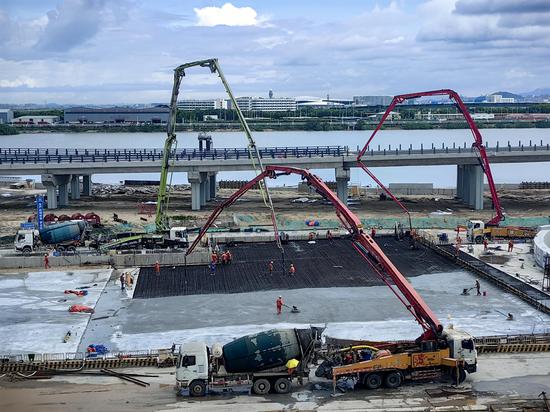
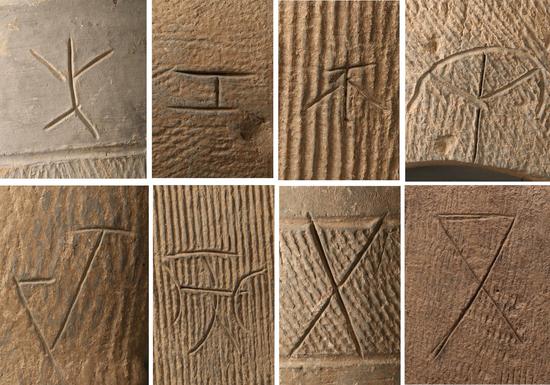







 京公网安备 11010202009201号
京公网安备 11010202009201号